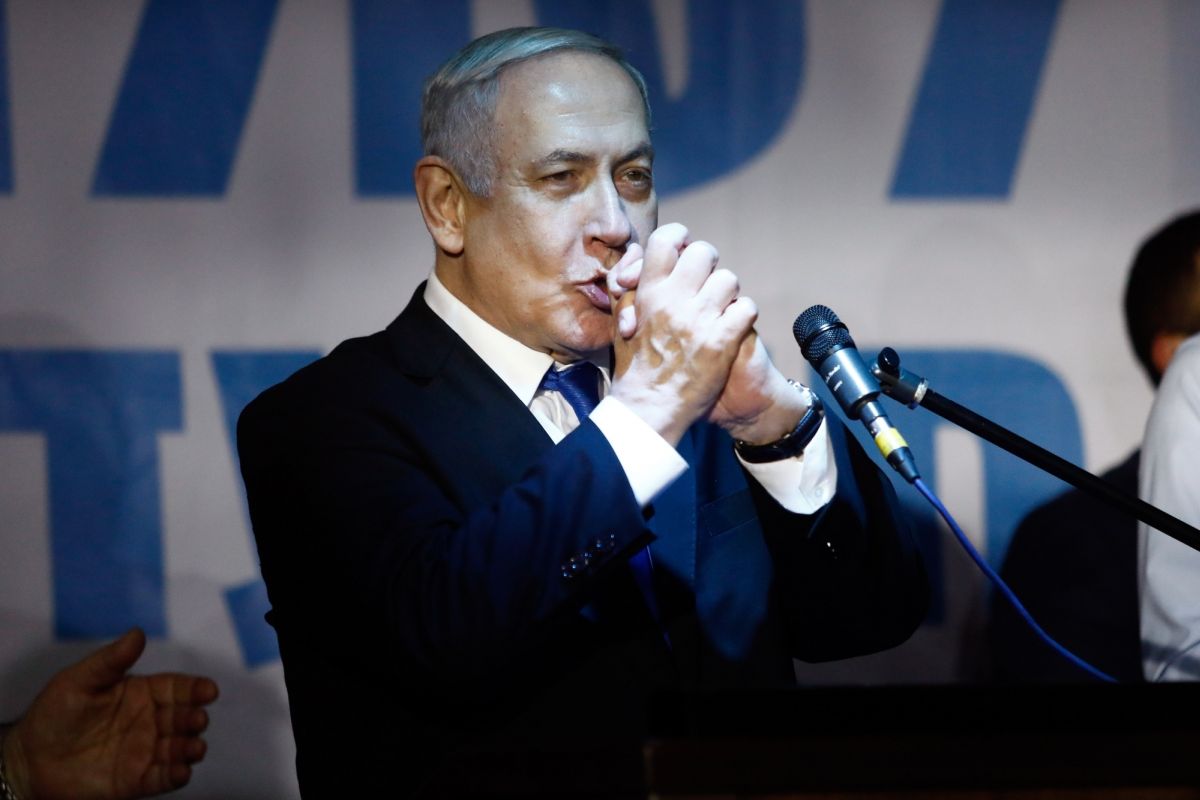The conflict in Gaza has not only strained Israel’s military and economic resources but has also exposed deep rifts within its government. Prime Minister Benjamin Netanyahu’s commitment to a total victory over Hamas, without a clear post-war strategy, has drawn criticism from both his defence establishment and political allies. The absence of a coherent plan for Gaza’s future governance risks prolonging instability and undermines Israel’s long-term security interests.
Defense Minister Yoav Gallant’s recent demand for a concrete strategy underscores the urgent need for clarity. His refusal to support a permanent military government in Gaza highlights the immense costs and challenges associated with such an approach. Mr Gallant’s stance, supported by centrist former generals Benny Gantz and Gadi Eisenkot, contrasts sharply with the hardline views of Finance Minister Bezalel Smotrich and Internal Security Minister Itamar Ben-Gvir. This division reflects broader tensions within the Israeli cabinet, where the military pragmatism of some members clashes with the ideological fervour of others. The financial burden of a potential military administration in Gaza, estimated at over $5 billion annually, is a significant concern. Such an undertaking would not only strain Israel’s economy but also divert crucial military resources from other strategic areas. Historical precedents, like Israel’s prolonged occupation of southern Lebanon, serve as cautionary tales about the high costs and limited effectiveness of military governance. Mr Netanyahu’s vision of a “non-Hamas civilian administration” under Israeli military oversight raises practical and ethical questions.
The feasibility of identifying and empowering local leaders in Gaza who are both capable and willing to cooperate with Israel remains doubtful. Additionally, the absence of support from neighbouring Arab states for this plan further complicates its implementation. Without a viable governance structure, any attempt to stabilise Gaza post-Hamas is likely to falter. The broader Israeli public’s waning support for the war, coupled with increasing prioritisation of hostage returns over Hamas’s destruction, indicates a shift in public sentiment. This change reflects a growing recognition of the human and economic toll of the conflict. The political and social divisions within Israel, exemplified by the contentious debate over conscripting ultra-Orthodox students, suggest that continued instability in Gaza could exacerbate internal fractures. A sustainable resolution to the Gaza conflict necessitates a comprehensive and inclusive strategy. Engaging with the Palestinian Authority, despite its imperfections, offers a more plausible path to stability than unilateral military solutions.
International legitimacy and cooperation are crucial for any long-term peace effort. Ignoring these realities risks entrenching a cycle of violence and instability that benefits neither Israelis nor Palestinians. Israel’s path forward in Gaza requires a departure from the current trajectory of indefinite military engagement and ideological entrenchment. A clear, pragmatic strategy that addresses both immediate security concerns and long-term governance issues is essential. The Israeli government’s internal divisions, while challenging, present an opportunity to forge a more balanced and effective approach. Embracing dialogue and international collaboration could pave the way for a more stable and secure future for both Israelis and Palestinians.












